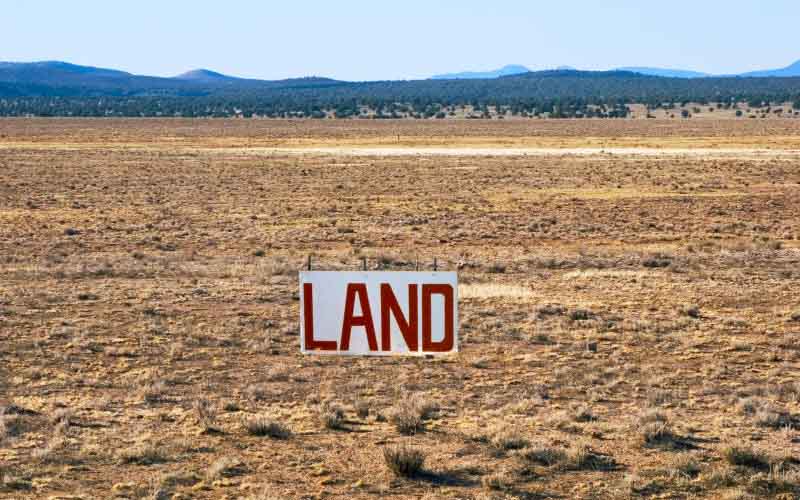×
The Standard e-Paper
Smart Minds Choose Us

A large parcel of land [Courtesy]
The late South African Archbishop Desmond Tutu once said, “When the missionaries came to Africa they had the Bible and we had the land. They said ‘Let us pray.’ We closed our eyes. When we opened them we had the bible and they had the land.”







